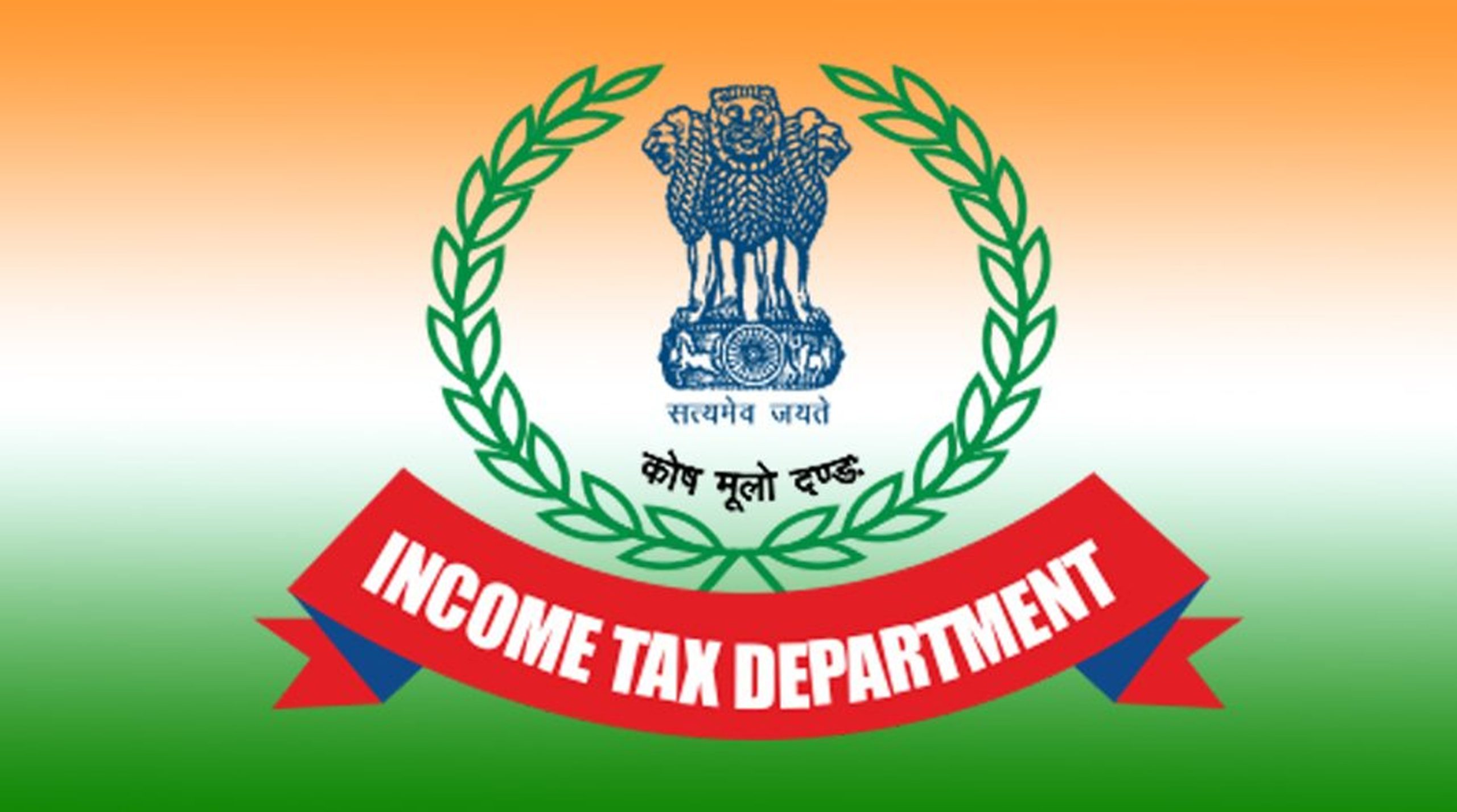
Income Tax Department Introduces New Rules for Assessing ‘Angel Tax’ on Startup Investments In a move aimed at simplifying and streamlining the assessment of ‘Angel Tax,’ the Income Tax Department has introduced new rules that redefine the procedures for assessing the value of shares issued by unlisted startups to investors. These changes signify a significant shift in the regulatory landscape for startups and investors alike. The primary objectives of these new rules are to expand valuation methodologies by incorporating globally accepted methods and to establish parity between resident and non-resident investors. In this article, we explore the key aspects of these new rules and their potential impact.
Key Changes in the Rules
Expanded Valuation Methods: The new rules introduce a broader spectrum of valuation methods that startups and investors can use to determine the fair market value of shares issued. This expansion aims to align Indian valuation practices with internationally accepted standards, providing more flexibility and transparency in the valuation process.
Specific Guidance: The rules provide specific guidance on the methods that can be employed for valuing unlisted shares. These methods may include the discounted cash flow (DCF) method, net asset value (NAV) method, and comparable unlisted company method, among others. Such guidance aims to reduce ambiguity and disputes related to valuation.
Parity for Resident and Non-Resident Investors: The new rules emphasize the importance of parity between resident and non-resident investors. This ensures that the valuation principles and methodologies applied to assess the value of shares issued to both categories of investors are consistent. Such parity is expected to boost investor confidence and attract foreign investments into the Indian startup ecosystem.
Stricter Documentation: Startups and investors are required to maintain comprehensive documentation supporting the valuation of shares issued. This documentation serves as evidence during assessments and audits, ensuring transparency and compliance with tax regulations.
Fair Market Value Determination: The fair market value (FMV) of shares is crucial in determining whether the investment qualifies for the ‘Angel Tax’ exemption. The new rules provide a clear framework for FMV determination, reducing the chances of disputes and enabling startups to avail of exemptions more easily.
Impact on Startups and Investors
The introduction of these new rules is expected to have several significant implications:
Ease of Doing Business: Startups often grappled with the complexities and subjectivity of the ‘Angel Tax.’ The new rules simplify the valuation process, making it easier for startups to attract investments without the fear of excessive taxation.
Foreign Investment Influx: By ensuring parity between resident and non-resident investors, the rules are likely to make India a more attractive destination for foreign investments in startups. This could lead to an influx of international capital into the Indian startup ecosystem.
Reduced Litigation: The specific guidance and expanded valuation methods are designed to minimize disputes and litigation related to valuation, benefiting both startups and investors.
Transparency and Compliance: The emphasis on comprehensive documentation promotes transparency and compliance, which is essential for building trust in the startup investment ecosystem.
Conclusion
The new rules introduced by the Income Tax Department regarding ‘Angel Tax’ represent a positive step towards simplifying and standardizing the valuation process for unlisted startup investments. These changes are poised to enhance the ease of doing business for startups, attract foreign investments, and reduce the likelihood of disputes. Ultimately, these reforms aim to foster a more conducive environment for startups to thrive and innovate while ensuring that investors are not unduly burdened by taxation.

